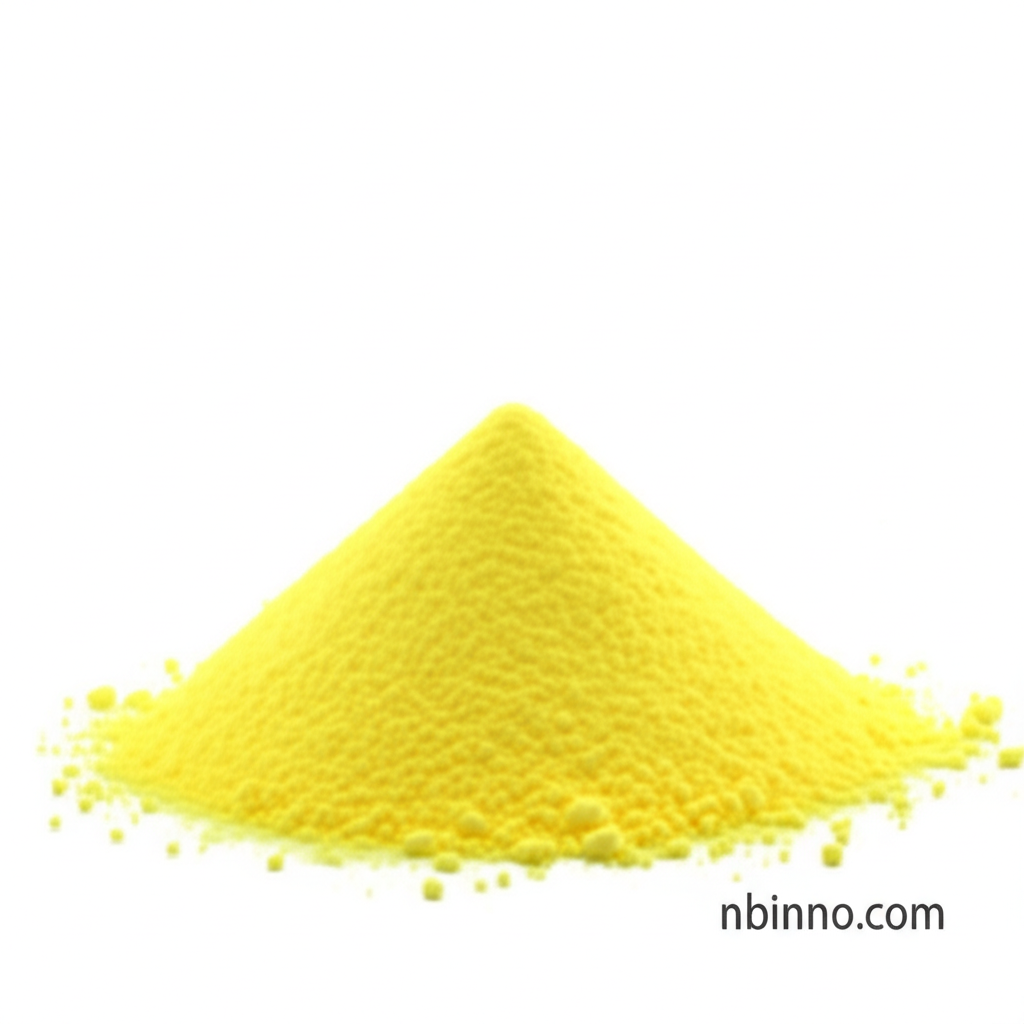Solid Sodium Ethoxide (141-52-6): Your Key Organic Synthesis Catalyst
Unlock efficient chemical synthesis with high-purity Solid Sodium Ethoxide, a versatile catalyst for diverse industrial applications.
Get a Quote & SampleProduct Core Value

Solid Sodium Ethoxide
Solid Sodium Ethoxide (CAS 141-52-6) stands as a pivotal organic intermediate, renowned for its potent basicity and catalytic capabilities. Its applications span across numerous sectors, making it an indispensable reagent for chemists and manufacturers seeking efficient and precise reaction pathways.
- Discover the broad industrial applications of sodium ethoxide in sectors ranging from pharmaceuticals to dyes, highlighting its versatility.
- Explore how Solid Sodium Ethoxide acts as a crucial polymerization catalyst, enabling the creation of various plastic and resin materials.
- Learn about the key role of this compound in organic synthesis, where it functions as a strong base for esterification, condensation, and alkoxylation reactions.
- Understand the importance of sourcing high-purity solid sodium ethylate supplier for consistent and reliable results in critical chemical processes.
Key Advantages
Enhanced Reaction Efficiency
Utilize Solid Sodium Ethoxide as a superior organic synthesis catalyst, promoting faster and more complete reactions due to its strong basic nature.
Versatile Application Range
From pharmaceuticals to food processing, the wide-ranging industrial applications of sodium ethoxide make it a staple in many chemical manufacturing workflows.
Consistent Product Quality
Ensure predictable outcomes in your processes by using high-purity solid sodium ethylate powder, minimizing impurities and side reactions.
Key Applications
Pharmaceutical Synthesis
Serve as a vital intermediate for drug production, leveraging its capabilities in creating complex organic molecules for medications by acting as a strong base.
Dye and Pigment Manufacturing
Contribute to the vibrant world of color by acting as a catalyst and intermediate in the production of dyes and pigments, enhancing their synthesis processes.
Plastic Polymerization
Act as a key polymerization catalyst for alcohols, esters, and nitriles, crucial in the production of polyolefins and other plastic materials.
Food and Cosmetic Industry
Serve as an ester group transfer catalyst in food oils and as an ingredient in cosmetic formulations, demonstrating its broad utility across consumer products.
